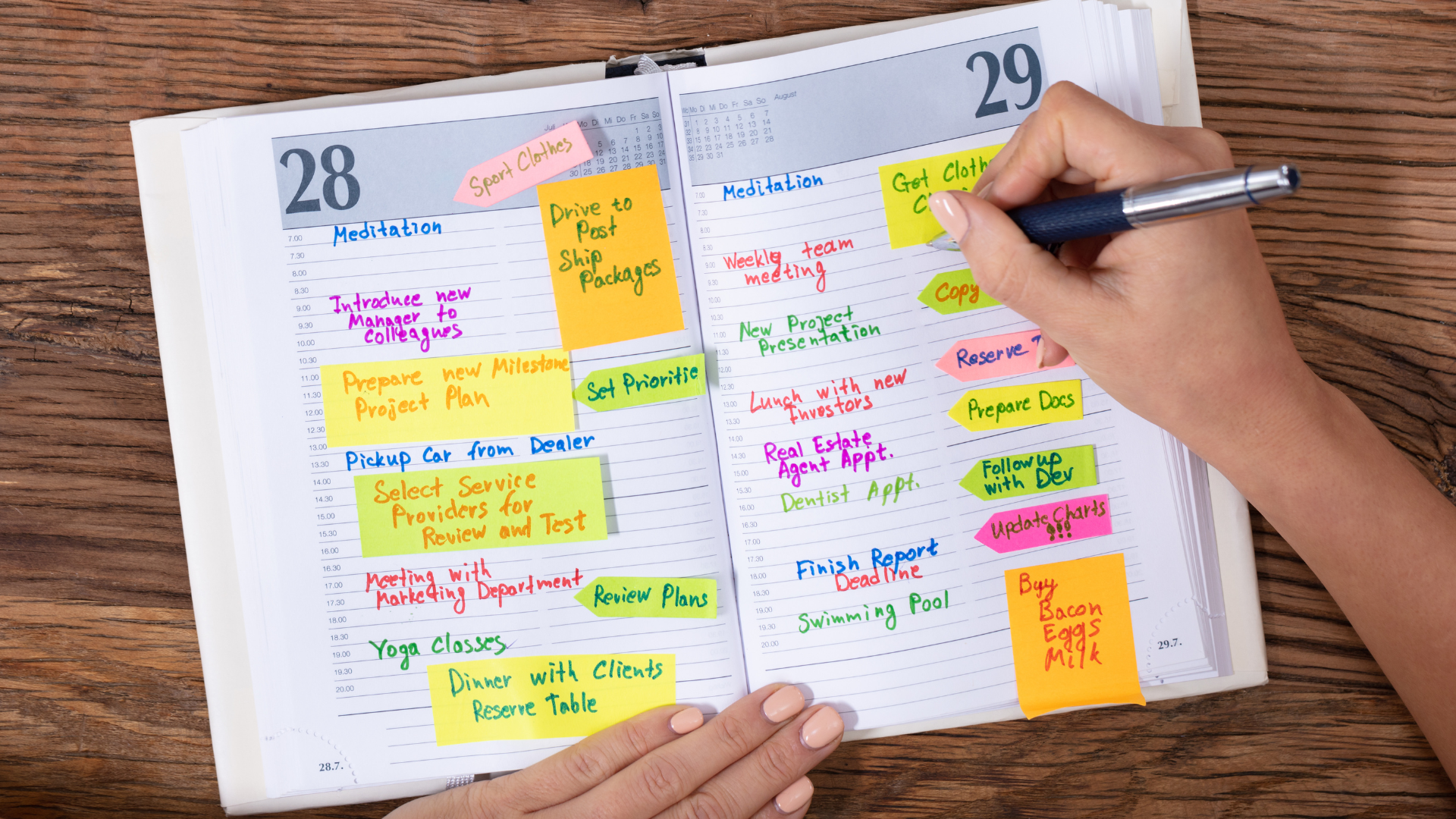Staying Positive When Days Feel Long
Caregiving is a career filled with meaning—but let’s be real, some days can feel endless. Whether you’re working a double shift, managing challenging tasks, or simply feeling worn out, it’s easy for the day to drag. For Home Health Aides (HHAs) and Certified Nursing Assistants (CNAs), finding ways to stay positive isn’t just about feeling good—it helps you provide better care and protect your own well-being.
At Fordham Institute Inc., we remind our students that a positive outlook is a skill, not just a mood. Here are a few ways to keep your spirit up, even when the hours feel heavy.
1. Focus on Small Wins
Instead of waiting for the day to end, celebrate the little victories:
- Helping a client smile
- Finishing a task on time
- Learning something new on the job
Small wins build momentum and help the day feel more rewarding.
2. Use Gratitude as a Reset
When stress builds, take a moment to remind yourself of one thing you’re grateful for—big or small. It could be a supportive coworker, a client’s kind words, or simply having steady work. Gratitude shifts your perspective and makes challenges easier to carry.
3. Lean on Uplifting Energy
Positive energy is contagious. A smile, a calm tone, or an encouraging word not only helps your clients but also boosts your own mood. Surround yourself with uplifting coworkers or keep an inspiring playlist ready for breaks.
4. Break the Day into Manageable Pieces
Instead of focusing on a 12-hour shift, divide your day into smaller sections. Think: “Just get through the morning tasks,” then “Focus on lunchtime,” and so on. This makes the day less overwhelming and keeps you motivated.
5. Practice Quick Mindset Shifts
When the day feels heavy, try:
- Taking 3 deep breaths
- Repeating a short affirmation: “I’m strong, I’m capable, I can do this”
- Stepping outside for fresh air if possible
These quick resets keep negativity from taking over.
6. Remember the Bigger Picture
Caregiving isn’t just a job—it’s a calling. Every day, you’re making a difference in someone’s life. Keeping the bigger picture in mind helps long days feel meaningful rather than just exhausting.
Positivity Is Power
Long days are part of the caregiving journey, but your attitude is what carries you through. By focusing on the small wins, surrounding yourself with positivity, and remembering your purpose, you can keep your energy high and your spirit strong.
📞 Ready to take the first step toward a career in healthcare? Call
718-480-1804





